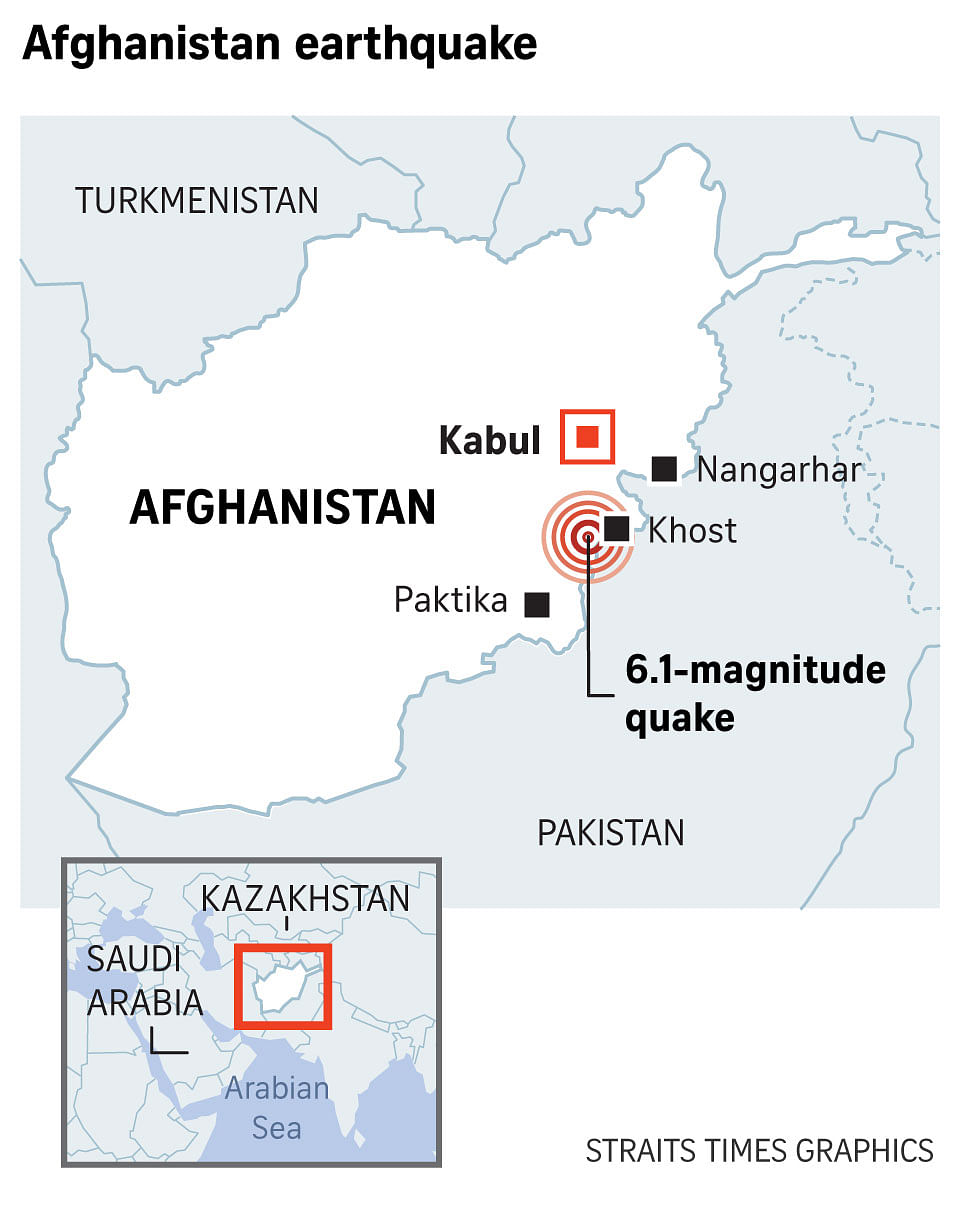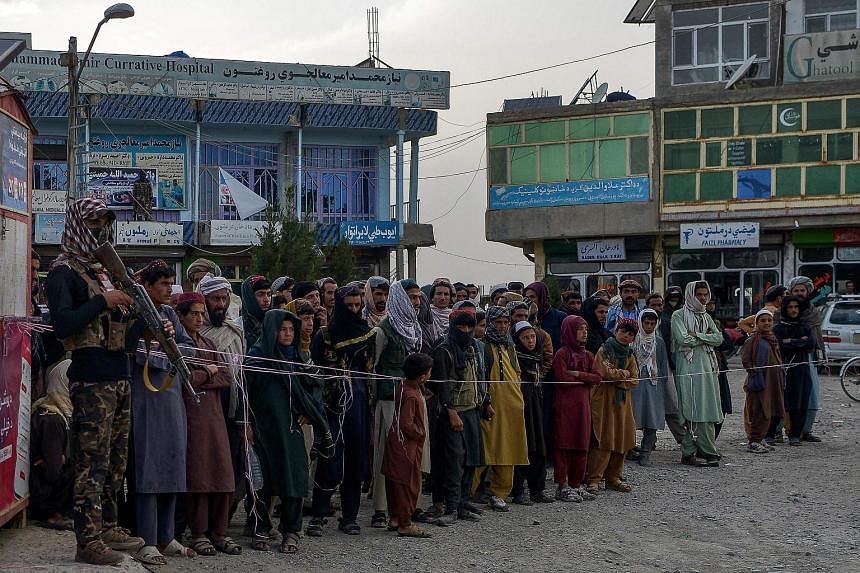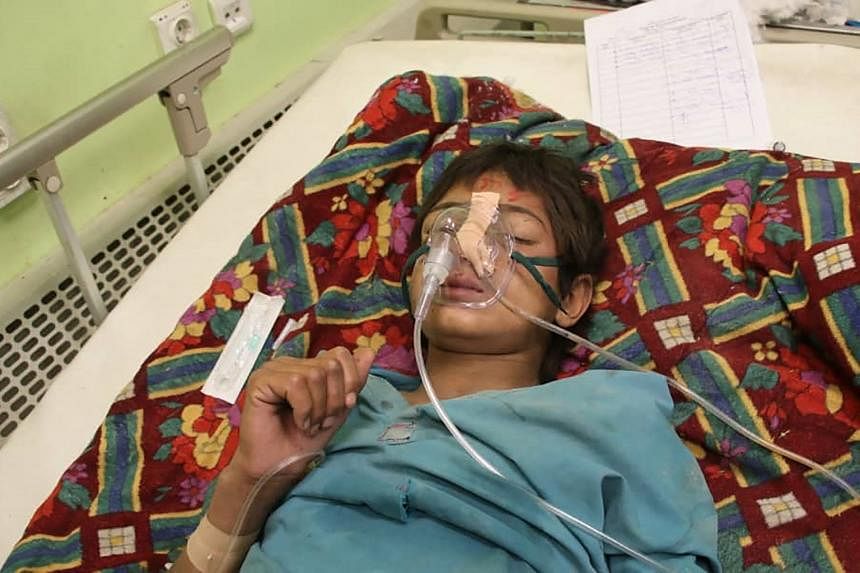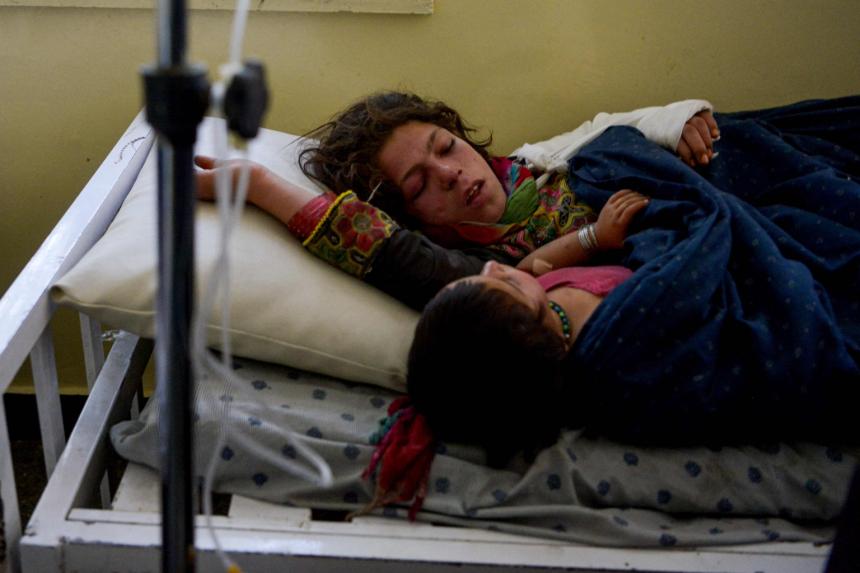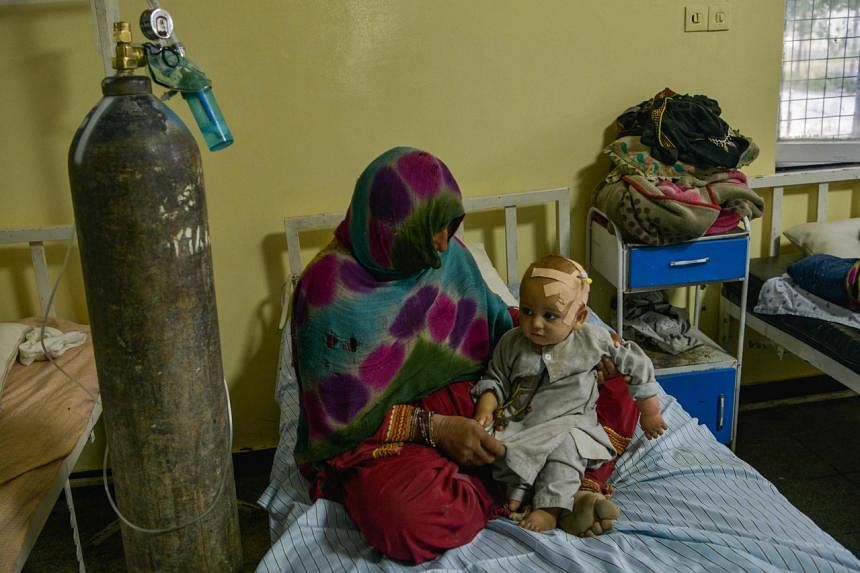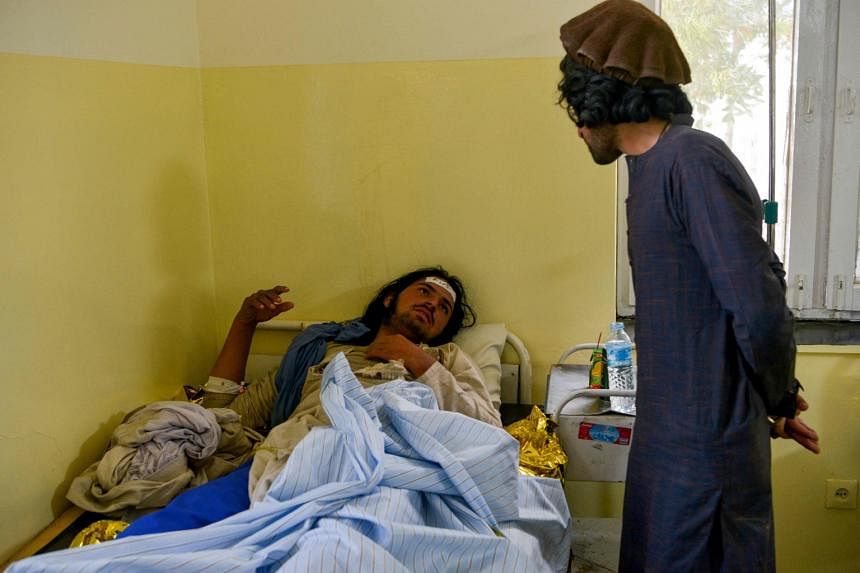
By Kate Abnett
BRUSSELS (Reuters) -The European Parliament backed reforms to the EU carbon market on Wednesday, allaying fears of a delay to Europe's climate change policies after lawmakers had rejected the proposals in a first vote this month.
The proposals would cut emissions faster under the European Union's carbon market, the centrepiece of a package of laws to reduce the EU's net greenhouse gas output by 55% by 2030, from 1990 levels.
The compromise was struck after lawmakers rejected the entire carbon market law in a divisive first vote this month, when lawmakers split over how quickly to end free permits against a backdrop of soaring energy costs and inflation.
Ths time, a majority of lawmakers backed a proposal to phase out free CO2 permits for industries by 2032 and replace them with a carbon levy on imported steel, cement and other products, designed to put European and foreign firms on a level footing.
"Finally we got it. We adopted with a huge majority the biggest climate law ever," said Peter Liese, Parliament's lead lawmaker on the carbon market.
Industry had lobbied to keep their free permits, which allow them to emit some CO2 for free - a system critics say has removed the incentive to reduce industrial pollution.
Euope's carbon market, or "emissions trading system" (ETS), forces power plants and factories to buy CO2 permits when they pollute, and caps the number of permits available to buy.
Lawmakers voted for the cap on CO2 permits in the market to fall by 4.4% from 2024, 4.5% from 2026 and 4.6% from 2029, while an extra 70 million permits will be removed in 2024 and 50 million in 2026, to drive faster CO2 cuts.
However, the Parliament scaled back a planned EU carbon market for buildings and transport, which some countries fear could hike fuel bills. They said the new shceme should apply to the commercial sector from 2025 and exclude households, a move Brussels has warned could risk Europe missing its climate goals.
The EU assembly strengthened other parts of the proposal, supporting an expansion the carbon market to cover 100% of emissions from international shipping trips to and from the EU from 2027, versus the 50% Brussels had proposed.
Amendments to restrict financial investors' access to the carbon market also passed, despite warnings from banks that doing so would slash its liquidity.
The vote confirms Parliament's position for negotiations with EU countries on the final laws. EU countries plan to agree their own position next week.
(Reporting by Kate Abnett, Editing by Angus MacSwan)






